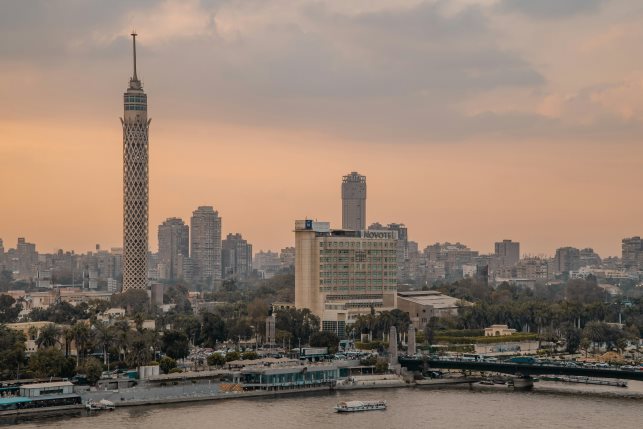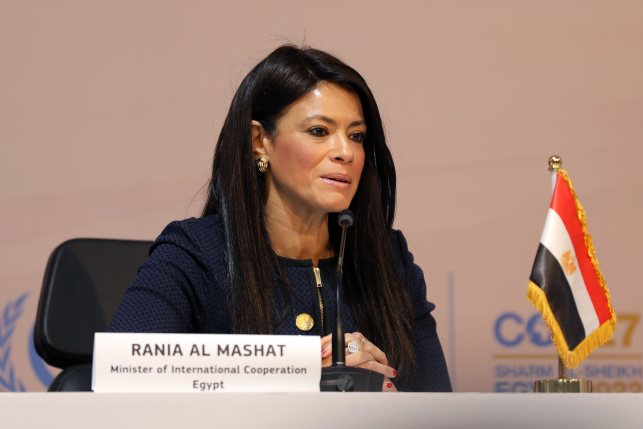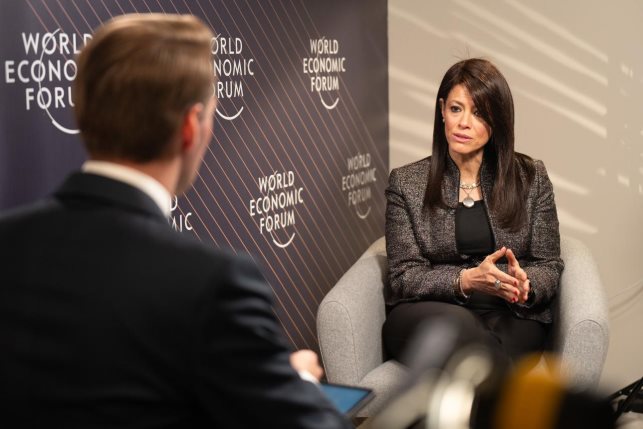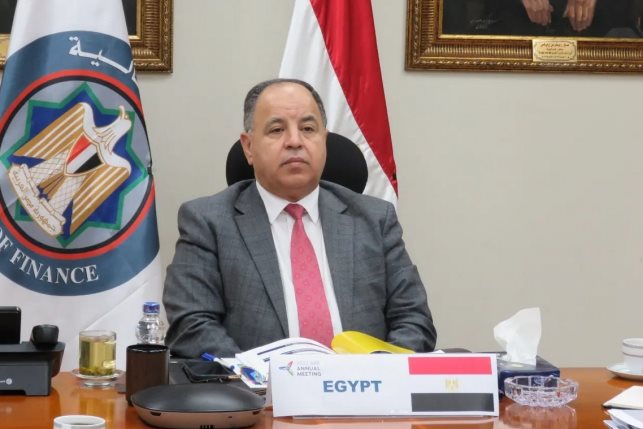MCITMin promotes Egypt’s ICT sector in Paris, MCIT boosts investments to EGP 1.3B
To date, a number of 90 government services have been launched on "Digital Egypt" platform, out of a target of 100 services by the end of this year
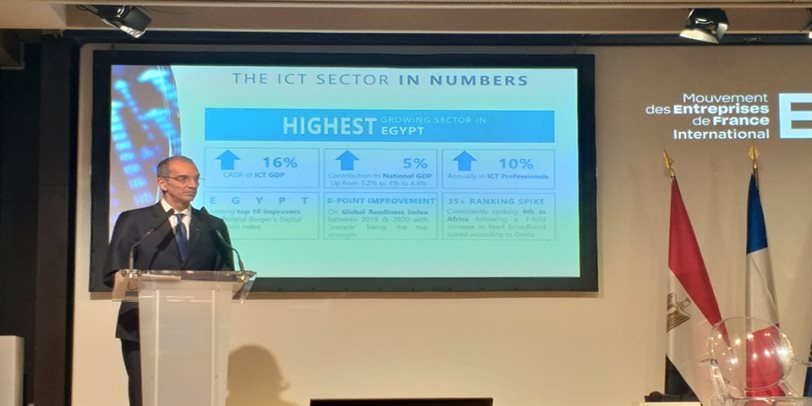
In the last 3 years, the Ministry of Communications and Information Technology (MCIT) has doubled its investments in technical training programs, reaching EGP 1.3 billion with a target to train 200,000 young people in various ICT sciences, explained MCIT Minister Amr Talaat.
During a speech in front of the heads and representatives of a group of major French companies at the headquarters of the Mouvement des Entreprises de France (MEDEF), Talaat highlighted the various investment opportunities available in Egypt’s ICT sector through the establishment of the country’s ‘Digital Egypt” strategy, as well as its competitive advantages.
Related > LinkedIn launches first Top Egyptian Startup List
Egypt is currently witnessing an unprecedented boom in digital transformation within the framework of the state's vision to adapt digital technologies in order to improve the quality of services provided to citizens, Talaat emphasized.
To date, a number of 90 government services have been launched on "Digital Egypt" platform, out of a target of 100 services by the end of this year.
Talaat explained that Egypt is the top location in the MENA region in attracting investments in startups, as well as being placed as the top MEA (15th globally) destination for global services and outsourcing locations.
The minister’s speech was within the framework of the Prime Minister’s visit to Paris, with attendees including President of the Digital Sector at MEDEF Marc Renard, and officials from a large number of French companies, including Schneider, Thales, and Atos.
Following the ICT Minister's speech, an open dialogue took place on the "Digital Egypt" strategy and Egypt’s ICT sector, which is currently the country’s highest growing sector with a growth rate of 16%, contributing to the GDP by 5%.
Related > Egypt begins 3rd phase of developing the fixed internet infrastructure| MCITMin
In his speech, Talaat highlighted the close cooperation and constructive partnerships between the two countries in the ICT field, and the broad prospects for developing this cooperation, especially in the fields of Artificial Intelligence (AI), digital capacity building, research and development, and technological innovation and entrepreneurship promotion.
The digital capacity-building strategy being implemented was established according to a hierarchical approach; starting with basic skills in technological fields, providing opportunities for specialized education through applied technology schools and technological institutes, which led to the establishment of a broad base of informatics experts through Egypt University of Informatics (EUI).
This is in addition to the programs that aim to hone the skills of graduates, and granting a professional master’s degree in one of the technological disciplines in partnership with the most prestigious international universities through Digital Egypt Builders Initiative (DEBI).
Talaat highlighted Egypt’s advantageous geographical location, connecting Asia and Europe, as a data hub. Currently, there are 13 international submarine cables transmitting more than 90% of European and Asian data traffic in Egypt, with 5 others currently in construction.
He also highlighted the efforts made to establish a strong information infrastructure nationwide, which contributed to the increase in the average Internet speed by about seven times. He also highlighted MCIT participation in the presidential initiative "Decent Life", through implementing projects for establishing an information infrastructure and provide high-speed Internet to homes in 1,400 villages nationwide, while working in parallel to implement training programs for digital literacy and digital economic empowerment of citizens in these villages.


